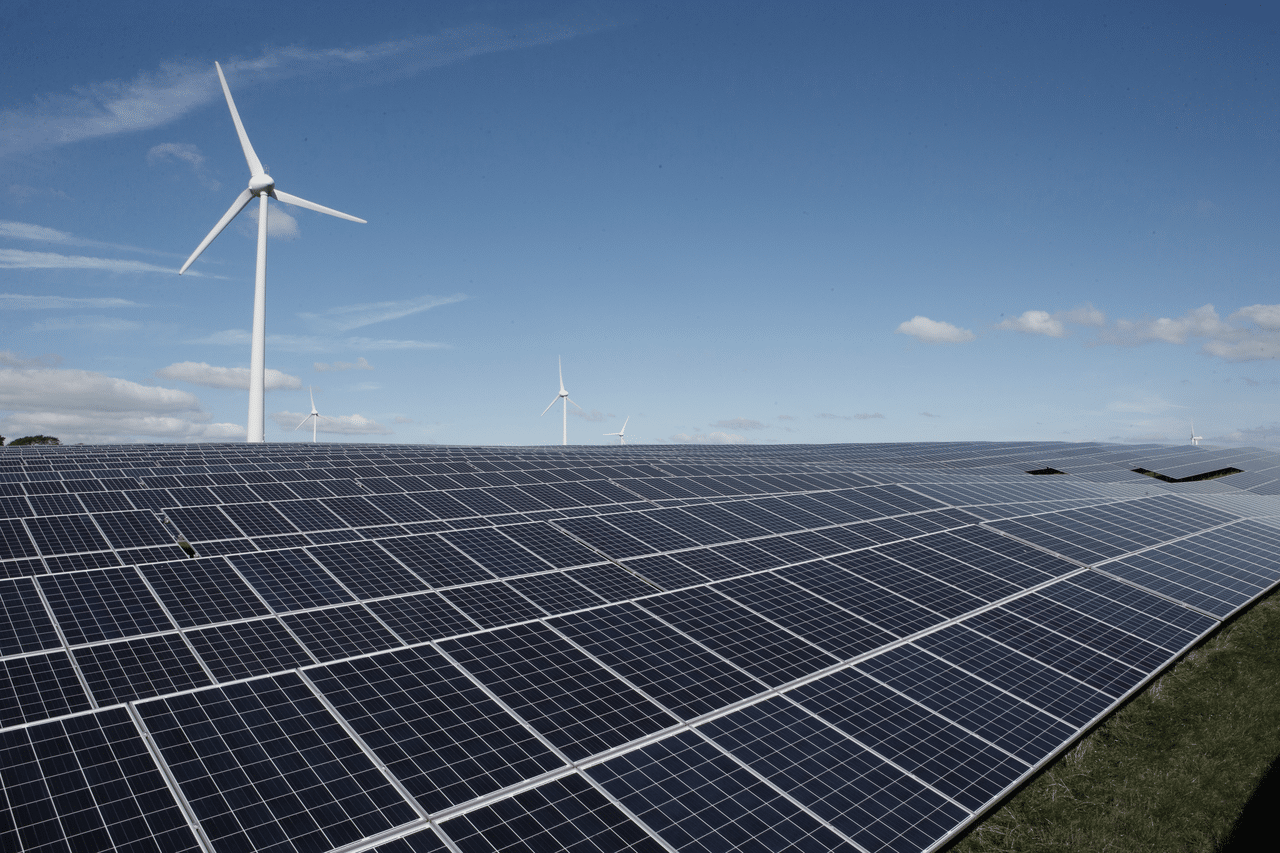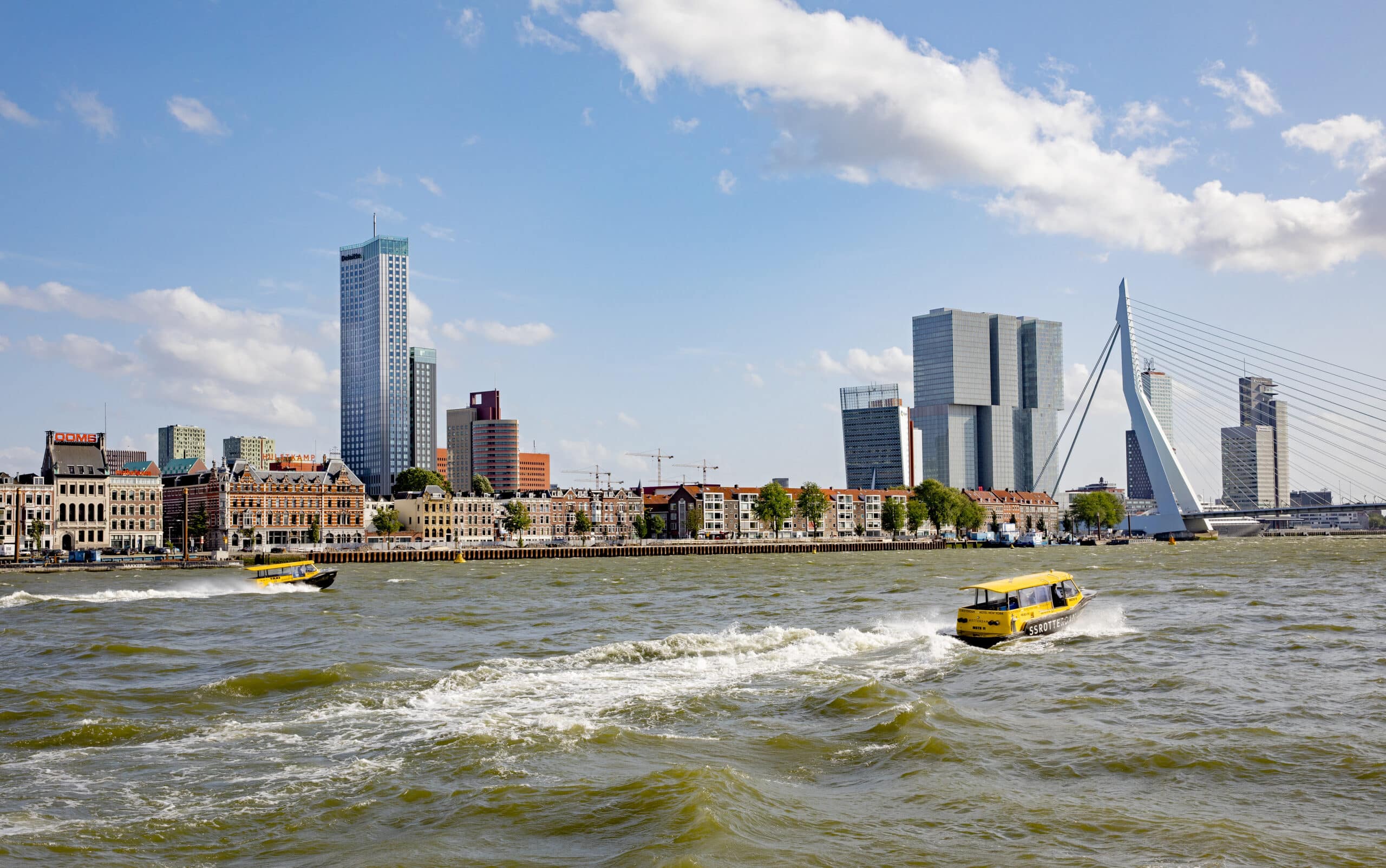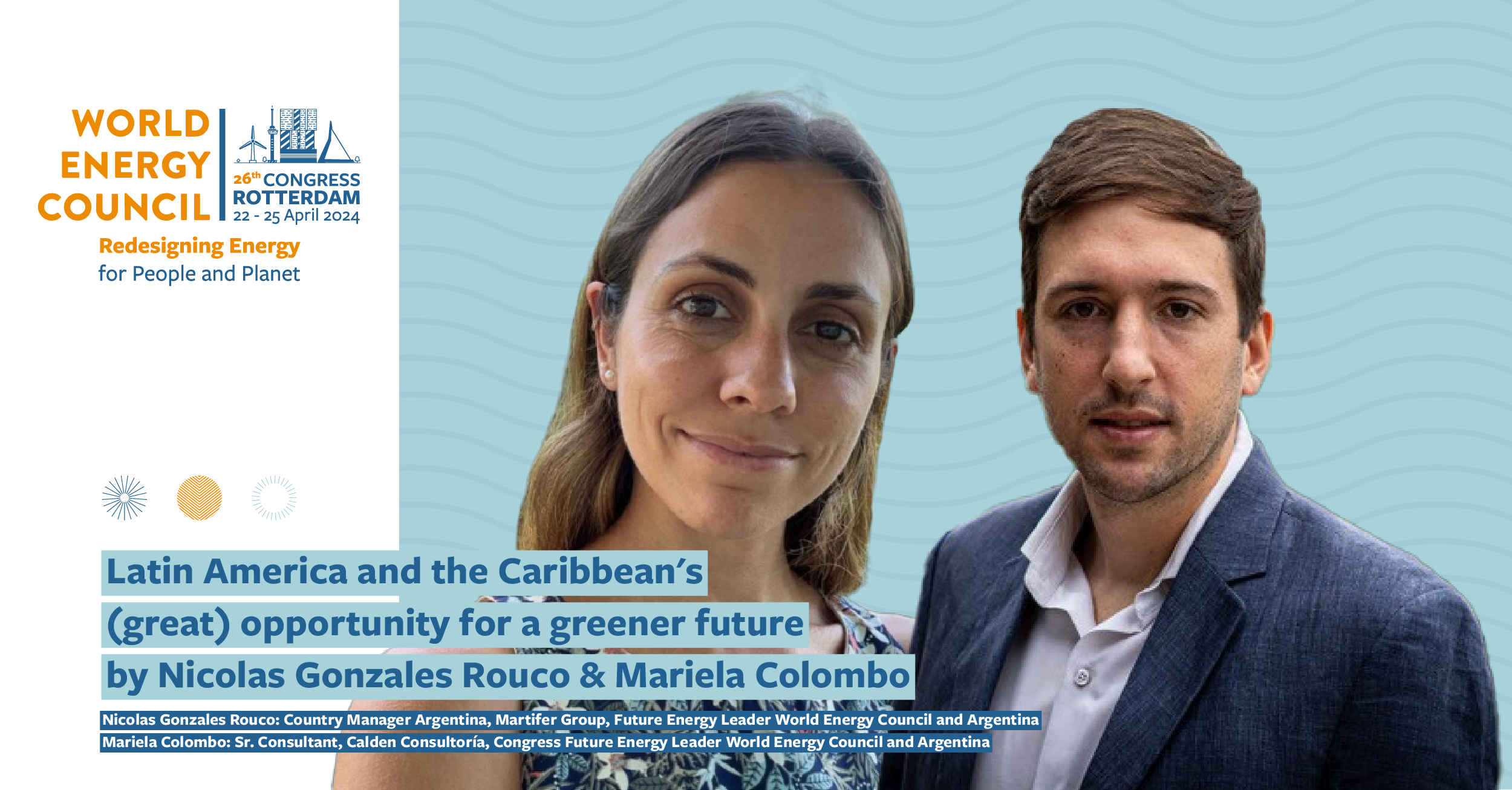Energy transition & resilience through gender equity
25.07.2023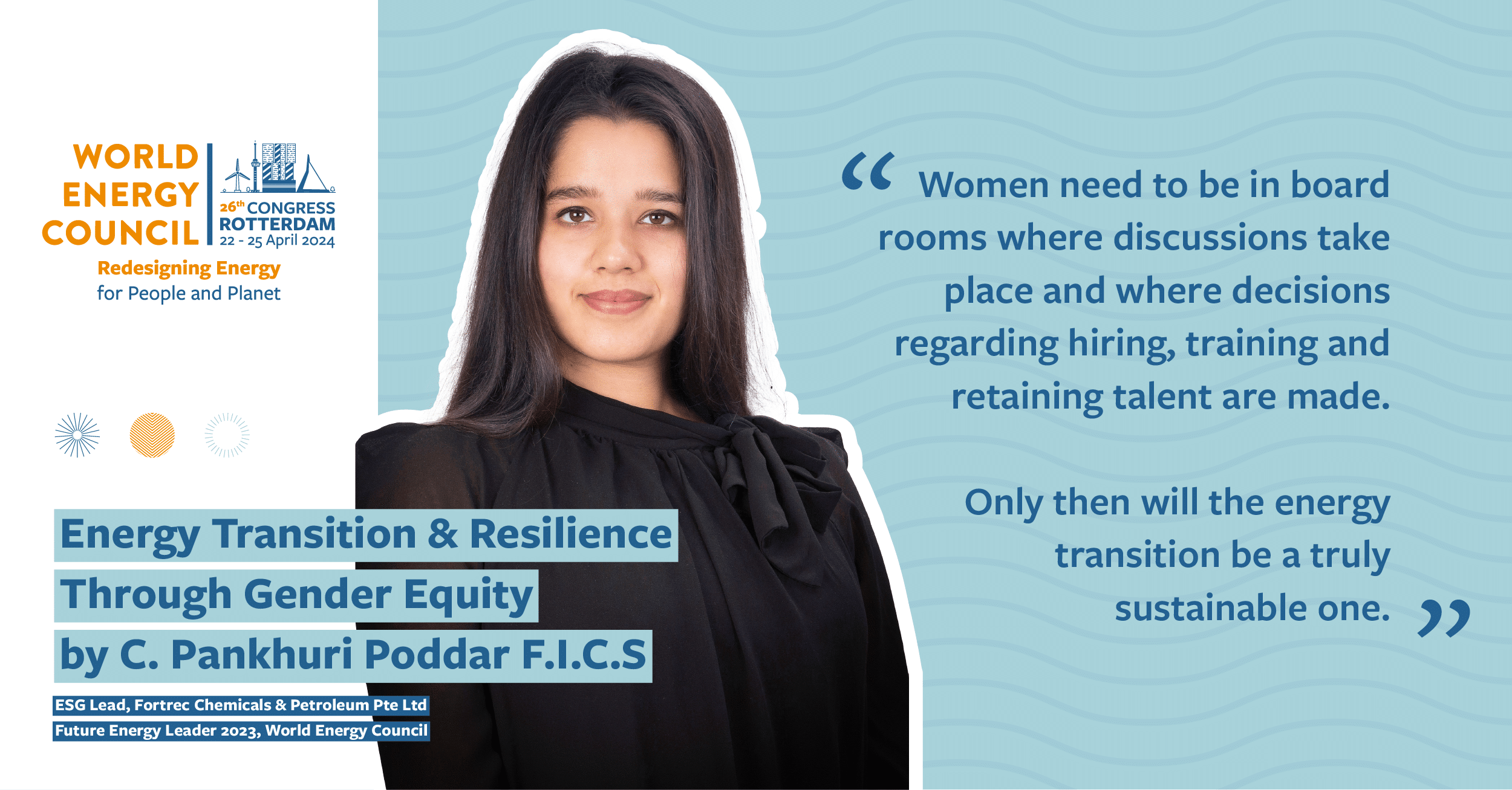
The global community is experiencing a triple crisis of energy affordability, energy security and climate change. Solving gender biases and these challenges will require the best talent available that is truly representative of the society. Women contribute by bringing a diversity of thoughts, skills and experiences, which is a prerequisite to a successful and sustainable energy transition. Increased and improved women participation will also provide innovation, resilience and greater engagement with stakeholders of the energy value chain.
Women make up for 40% of the global labour force. Out of this only 15% of woman join the energy sector (compared to 85% men). If we narrow down this profile to only the C-suite, women participation is a mere 3.6%. There is a fundamental issue at two key stages of the value chain for women in energy i.e.
- “Are women joining the energy sector ? “
- “Are those same women who join, able to stay on and reach executive level positions?”
– The answer unfortunately to both is No.
The onus lies on us – the existing participants of the energy sector to spread awareness about this ever evolving and lucrative industry to the future generation and potential leaders of tomorrow – especially women. One of the most important factors to address is the pay discrepancy that exists in the energy sector – women are paid around 19% less than men for the same job. This dissuades them from pursuing a fulfilling and a progressive career within the energy sector.
The energy sector is characterised by many off-shore jobs such a positions on the Oil & Gas barges, onboard ships carrying hydrocarbon (maritime sector) etc. With time, as women decide to embark on motherhood, these positions become infeasible for them. Thus, it is the responsibility of the industry to retain talent and provide them a smooth transition from offshore to onshore jobs. Just recruiting women is not enough, we need to retain them.
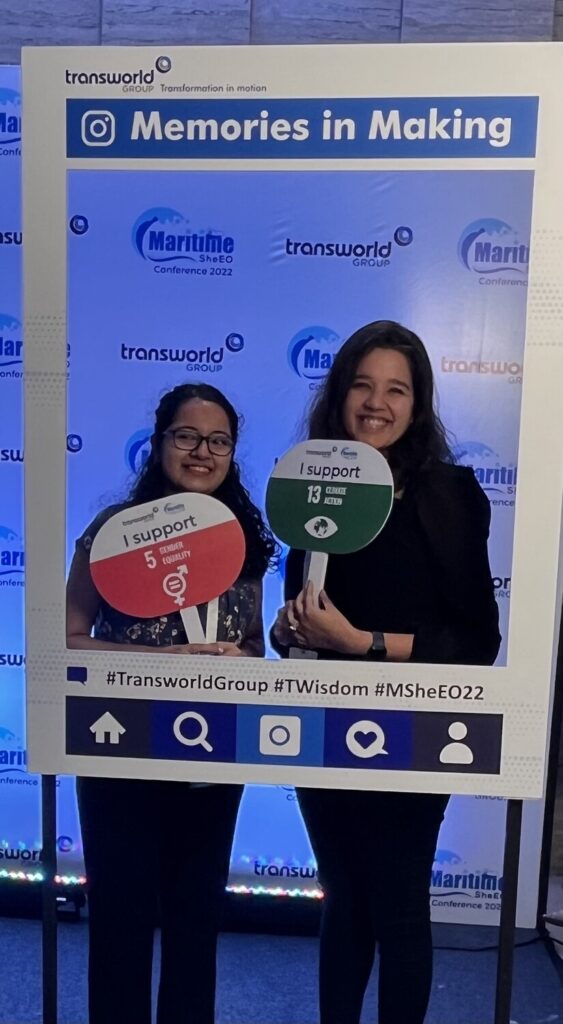 In 2022, I attended the world’s biggest gender equality conference in the Maritime sector. Around 50% of the attendees were male -all championing the cause of Diversity, Inclusion & Equity in the energy industry and its allied sectors. It is essential that the existing industry (including the male participants) recognise, promote and take decisions that provides flexibility and a multi-disciplinary environment so that women can meet their familial responsibilities while pursuing a highly fulfilling and progressive career.
In 2022, I attended the world’s biggest gender equality conference in the Maritime sector. Around 50% of the attendees were male -all championing the cause of Diversity, Inclusion & Equity in the energy industry and its allied sectors. It is essential that the existing industry (including the male participants) recognise, promote and take decisions that provides flexibility and a multi-disciplinary environment so that women can meet their familial responsibilities while pursuing a highly fulfilling and progressive career.
These decisions may also look like paternity leave and flexibility for working fathers, so that they can take out time to care for their kids.
Women can empathise and understand the challenges that other women face, personally and professionally. Women need to be in board rooms where discussions take place and where decisions regarding hiring, training and retaining talent are made. Only then will the energy transition be a truly sustainable one.
That is why in April 2024 I will be at the 26th World Energy Congress of the World Energy Council in Rotterdam, an inclusive and diverse Congress that recognises this significant moment in world energy leadership and the urgency of new, inclusive solutions to address energy, climate and human security challenges.
The importance of incorporating a ‘sustainagile mindset’ (sustainable + agile) to tackle these never faced challenges and adversities is quintessential. Just like Decarbonisation, even diversity is a systemic change of organisation that has to be adopted and adapted to globally.
ESG Lead, Fortrec Chemicals & Petroleum Pte Ltd
Future Energy Leader 2023, World Energy Council
